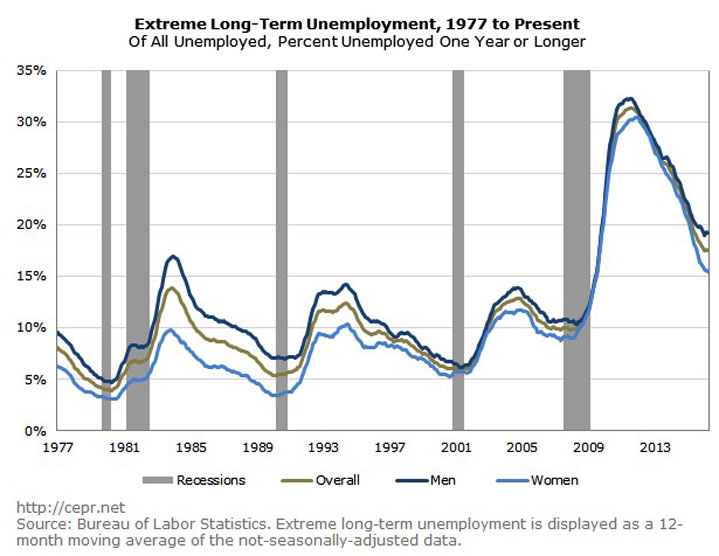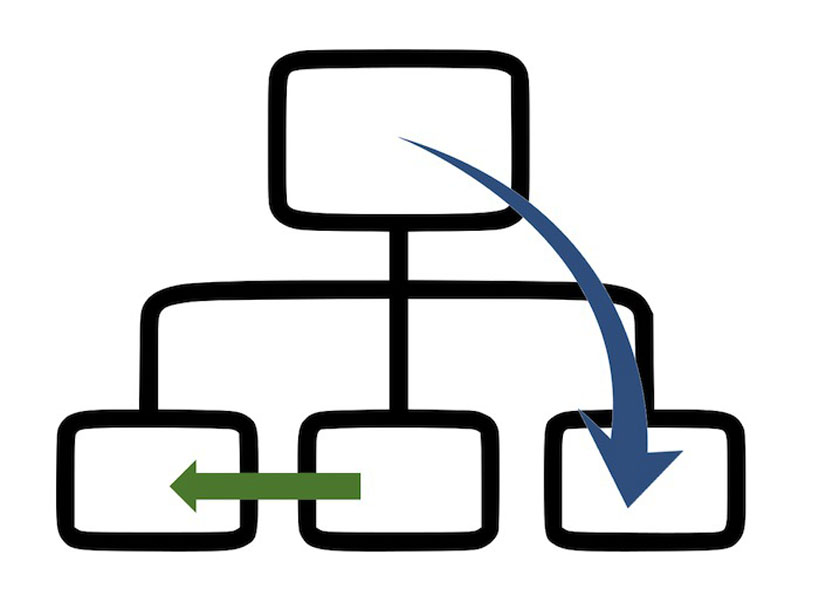Work That Makes You Lazy
Some jobs or ways of living can promote behaviors that can cause people to feel or seem tired. This isn’t always because of the task itself, but rather because of its effects on motivation, mental stimulation, and physical exercise.
Examples of fields or working conditions that could encourage laziness in people include the following:
- Remote work without supervision
 Some people may find it difficult to manage their time when working from home without any direct supervision. The freedom to work and take numerous breaks might lead to a delaying habit and decreased output.
Some people may find it difficult to manage their time when working from home without any direct supervision. The freedom to work and take numerous breaks might lead to a delaying habit and decreased output.
- Highly automated job
 Jobs where most of the labor is done by machines, such as operating systems or automated assembly line monitoring. They all can cause both mental and physical disengagement. These tasks sometimes don’t provide much physical exercise or excitement despite being essential.
Jobs where most of the labor is done by machines, such as operating systems or automated assembly line monitoring. They all can cause both mental and physical disengagement. These tasks sometimes don’t provide much physical exercise or excitement despite being essential.
- Data entry
 Data entry tasks are routine and repetitive. It requires little mental effort. Workers may get disengaged due to this lack of challenge which encourages laziness or distracting patterns.
Data entry tasks are routine and repetitive. It requires little mental effort. Workers may get disengaged due to this lack of challenge which encourages laziness or distracting patterns.
- Desk jobs with little movement
 Sedentary office careers sometimes require little physical exercise and long periods of sitting. This is eventually result in mental and physically sluggish without taking measures like exercise.
Sedentary office careers sometimes require little physical exercise and long periods of sitting. This is eventually result in mental and physically sluggish without taking measures like exercise.
- Customer service with downtime
 Employees in customer service positions who receive few calls or queries may get into the habit of idling. A dependence on distractions like phone usage or light access to the internet may result from a lack of regular activity.
Employees in customer service positions who receive few calls or queries may get into the habit of idling. A dependence on distractions like phone usage or light access to the internet may result from a lack of regular activity.
- Long term unemployment
 The variation could promote regular behaviors and lessen the motivation to engage in a schedule. It produces a routine for people who depend on gigs or occasionally employment without a set timetable.
The variation could promote regular behaviors and lessen the motivation to engage in a schedule. It produces a routine for people who depend on gigs or occasionally employment without a set timetable.
- Comfortable creative jobs
 Certain creative or freelancing jobs, including blog post writing or basic graphic design. It can also cause laziness. The relaxation may overshadow creativity in the absence of strict deadlines or client transparency.
Certain creative or freelancing jobs, including blog post writing or basic graphic design. It can also cause laziness. The relaxation may overshadow creativity in the absence of strict deadlines or client transparency.
- Night watch
 Protecting peaceful areas at night, such as an office building or warehouse. It requires long periods of inactivity. This may result in a tendency to sit back or even take a nap during working hours.
Protecting peaceful areas at night, such as an office building or warehouse. It requires long periods of inactivity. This may result in a tendency to sit back or even take a nap during working hours.
- Testing jobs
 There are long stretches of passive work required for some testing positions, such as professional sleeper or comfort product tester. These positions look perfect, but they lack many opportunities for active participation.
There are long stretches of passive work required for some testing positions, such as professional sleeper or comfort product tester. These positions look perfect, but they lack many opportunities for active participation.
- Overly delegated managerial roles
 Employees can develop the bad habit of avoiding effort in workplaces where supervisors assign all jobs to staff members. They can be a cycle of passivity brought on by this “hands-off” strategy.
Employees can develop the bad habit of avoiding effort in workplaces where supervisors assign all jobs to staff members. They can be a cycle of passivity brought on by this “hands-off” strategy.



1 Comment
Pingback: 10 Illegal Activities in the USA: Laws Broken and Crimes Uncovered - Wordread